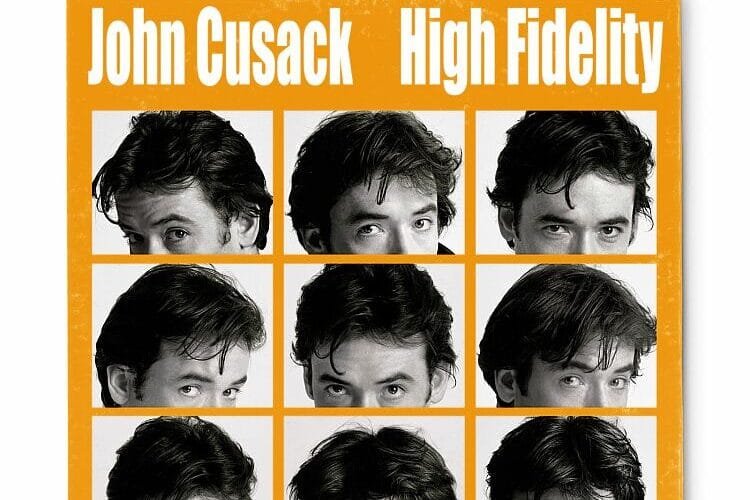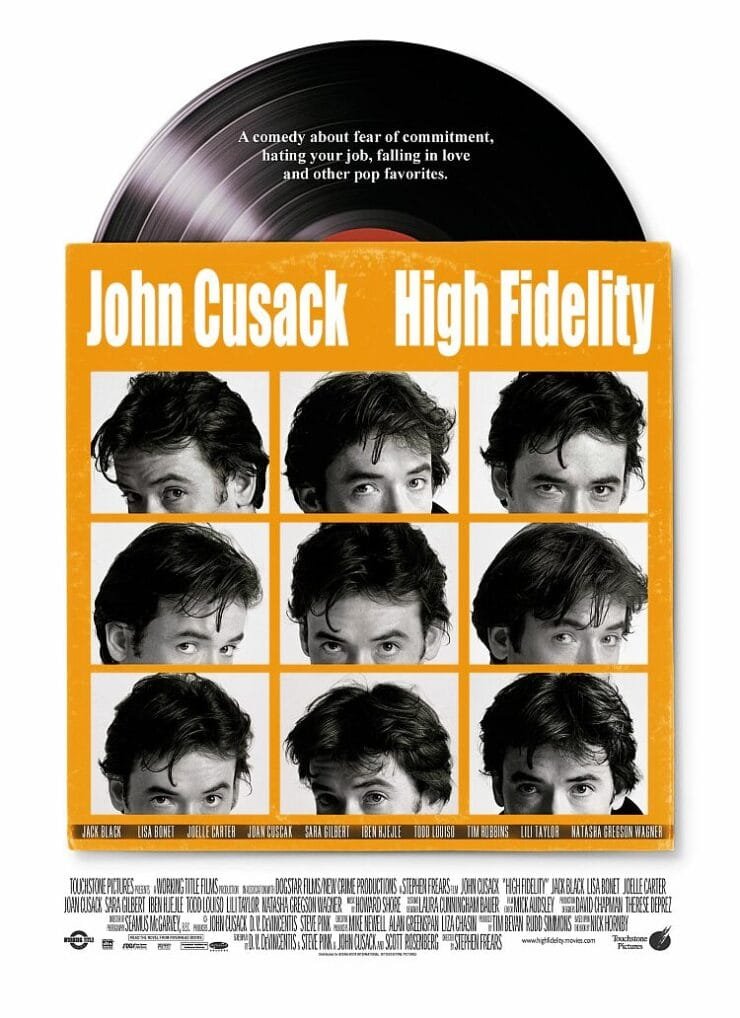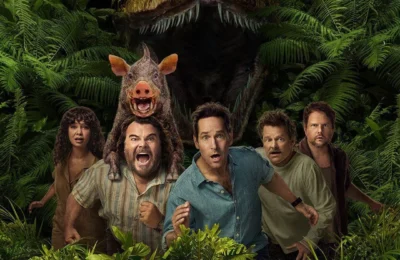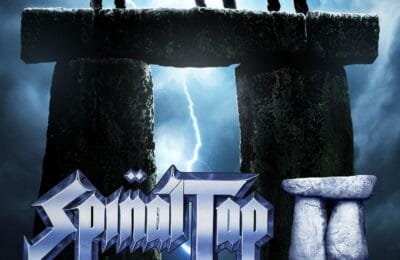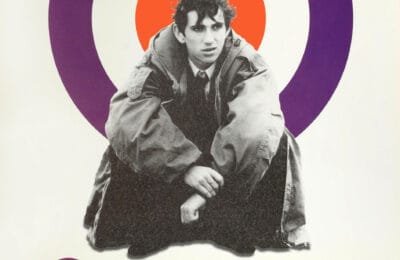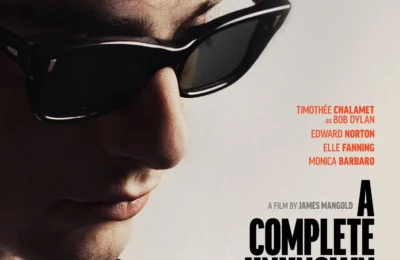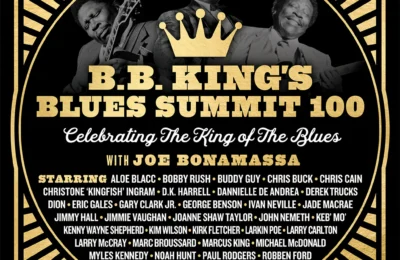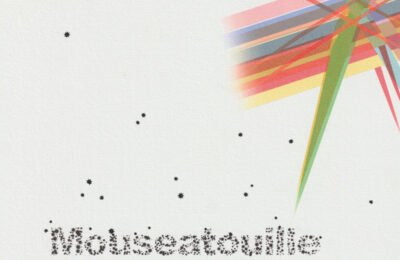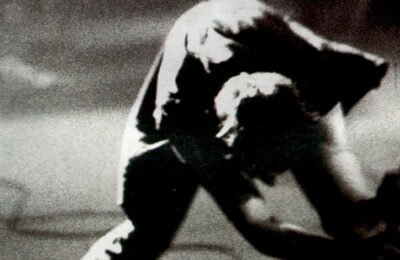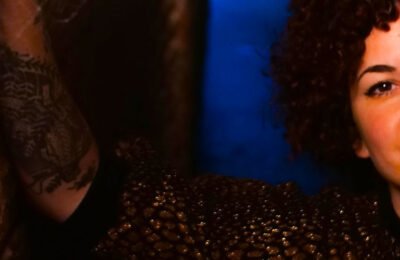When I first saw High Fidelity as a teenager in the late ‘90s, it felt like a revelation. It spoke directly to my adolescent sensibilities about love, heartbreak, and the idea that music could be the grand unifier of all things profound in life. At the time, I thought Rob Gordon (played by John Cusack) was the archetype of a flawed but relatable antihero—someone deserving of sympathy because he was so “deep,” despite his imperfections. Watching it again as a married adult, however, I see how wrong I was. The film isn’t about a misunderstood romantic; it’s about a selfish, immature man who sabotages his relationships and refuses to take responsibility for his actions.
Rob Gordon: From Relatable to Toxic
From this perspective, Rob isn’t just flawed—he’s toxic. His obsession with relitigating past relationships and curating a “cool guy” persona at the expense of others reveals a man who lacks empathy. The infamous “top five breakups” list he constructs might seem quirky on the surface, but it masks a pattern of blame-shifting and emotional manipulation. Rob rewrites his own narrative to paint himself as the victim, ignoring how poorly he treats the women in his life, including Laura, the partner who keeps giving him second chances. It’s startling to see how much emotional labor Laura performs just to help Rob evolve into someone halfway tolerable. As a teenager, I admired Rob’s sarcastic wit and endless monologues about music; now, they just feel like a smokescreen for his insecurity and immaturity.
The Supporting Characters Save the Film
In many ways, the supporting characters are the film’s saving grace. Jack Black’s performance as Barry, for example, was a revelation at the time. His manic energy and comedic timing made him the perfect foil for Rob’s self-absorbed brooding. Barry is loud, brash, and unfiltered, but he feels more genuine than Rob because he’s unapologetically himself. Todd Louiso’s portrayal of the shy and earnest Dick adds a quiet charm to the trio of record store employees. Watching it now, I realize how much these performances do the heavy lifting to make the film likable. Without them, High Fidelity would be an almost unbearable slog through Rob’s navel-gazing.
The Soundtrack: A Timeless Highlight
The soundtrack, of course, remains one of the film’s enduring strengths. Songs like Stevie Wonder’s “I Believe (When I Fall in Love It Will Be Forever)” once felt like triumphant declarations of romantic destiny, perfectly underscoring Rob’s reconciliation with Laura. Now, the song feels more like Laura’s theme—a poignant reminder of her hope and patience, which frankly, Rob doesn’t deserve. Similarly, The Velvet Underground’s “Oh! Sweet Nuthin’” once struck me as a melancholic anthem of bittersweet nostalgia, fitting for Rob’s introspective moments. Today, it resonates differently, speaking to the emptiness of Rob’s life when he’s consumed by his ego and unable to connect meaningfully with others.
Music as a Crutch for Avoiding Growth
Even songs like The Beta Band’s “Dry the Rain,” which soundtracked one of the film’s most memorable scenes—Rob and Barry bonding over music—take on a new layer of meaning. In my youth, that scene felt like a celebration of shared passion. Now, it feels more bittersweet, a glimpse into how Rob uses music as a crutch to avoid real growth or vulnerability. He hides behind his encyclopedic knowledge rather than using it as a tool for connection.
Why High Fidelity No Longer Resonates the Same Way
Looking back, I understand why High Fidelity resonated so strongly with my teenage self. It’s a film steeped in the idea that taste defines identity, and at that age, music was everything to me. But as an adult, it’s impossible to ignore the film’s deeper flaws—particularly its romanticization of self-centered male immaturity. Rob’s journey toward self-awareness feels unearned, his final epiphany more a result of Laura’s forgiveness than any real transformation.
It’s still a compelling film, thanks to its humor, its supporting cast, and that incredible soundtrack, but it’s no longer the profound exploration of love and identity I once thought it was. Instead, it’s a cautionary tale about the dangers of self-absorption—and a reminder of how much better life is when you finally grow up.
